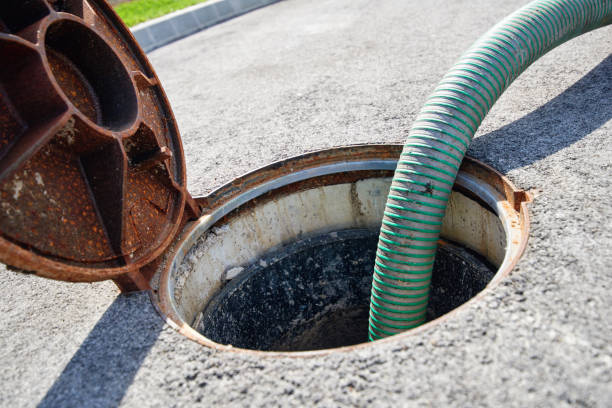
Waste management has become a critical point for the present society especially in a time when population increase is crippling most resource usage as the resources are becoming more and scarcer and therefore the need to establish systems of conservation through waste management.
Water waste management is a particular item of interest and one of the key ways that this has been developed is through the establishment of septic tanks, a key ingredient in minimizing waste water and managing it efficiently so as to prevent any unnecessary wastage.
These are some of the things you need to know about septic tanks that are very essential and will improve your understanding of septic tanks.
Septic tanks have a waste water management system whereby they receive waste water drained from the commercial or residential apartments that is the distributed into the tank by the various pipes connected to different apartments which then allows for the distribution of the waste water that is collected in the tanks and then allowed to settle so as to separate the solid waste from the liquid waste material.
It is therefore used to treat waste water because once the water is separated from the solid waste, it can be used and channeled to other resources in order to avoid unnecessary wastage in a time when water is become a more and more scarce resource and therefore the importance to treat and then recycle the water to use for other purposes.
Something else you need to know is that septic tanks are stored in underground storages and not on the surface because drainage is easier to flow when the septic tank is placed underground rather than on the surface of the development; not only is that the reason but treating waste water is something that produces a foul smell because of all the drained water coming in through the system and it is therefore not advised that a septic tank be placed on the surface above the ground.
Septic tanks can also have more than one compartments so as to ensure they treat the water more thoroughly as compare to treating the water when only one compartment is involved hence making them more resourceful in water treatment.
The number of people in the residential or commercial building determines the size of the septic tank to be constructed; a bigger building will require equally big septic tank storage to accommodate the increased waste management required.
Finally, septic tanks should be well managed to ensure there are few breakdowns in their usage, a situation that can be catastrophic if not managed.


